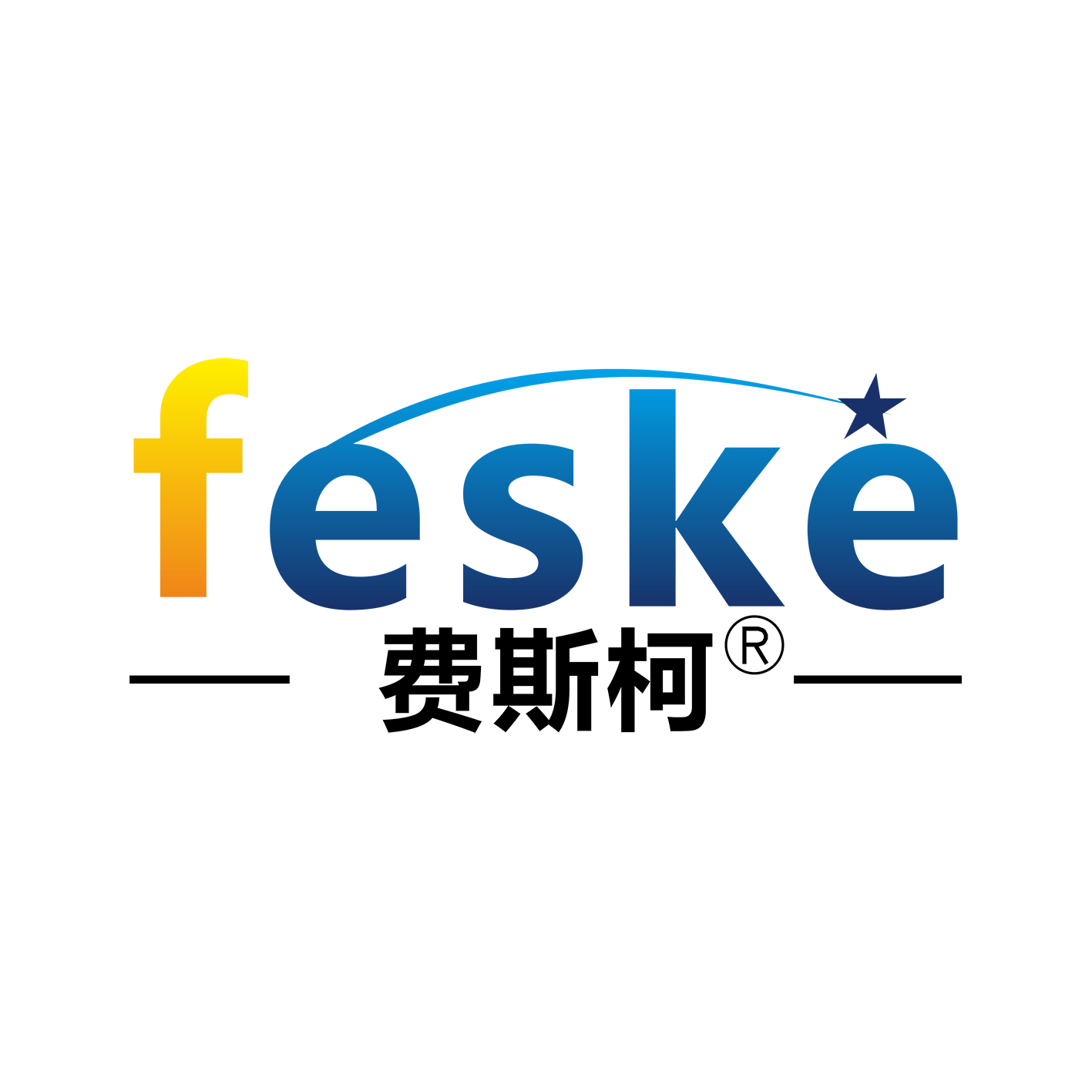The main functions of a module robot in LED packaging are:
1. Precision handling and assembly
The module robot uses vacuum nozzles or grippers to achieve millimeter-level precision (±0.02mm)
handling of LED chips, brackets, modules, and other components, replacing manual labor in key proces
ses such as die bonding and wire bonding. For example, in the automated mounting process, the robot
picks chips from the wafer expansion tray and precisely places them onto the silver adhesive on the bra
cket, achieving a production rate of 1200-1500 chips per hour.
2. Automated production collaboration
Interoperability with packaging equipment: The robot works collaboratively with equipment such as the
die bonder, wire bonder, and glue dispenser to form a closed-loop production line. For example, in the
flip-chip process, the robot transfers the chip to the reflow soldering equipment, where it is then trans
ferred to the glue dispenser for underfill.
Material flow control: Using QR code recognition and a vision positioning system, the robot automatica
lly loads and unloads material bins and transfers them between workstations, reducing manual interven
tion.
III. Improved Quality and Efficiency
Consistency Guarantee: The robot achieves ±5μm repeatable positioning accuracy, eliminating chip shift and wire solder joint issues caused by manual operation, and increasing yield to over 90%.
Environmental Adaptability: Can operate continuously in cleanrooms and high-temperature environmen
ts, reducing the risk of chip contamination.
IV. Typical Application Scenarios
Function Technical Implementation Application Cases
Chip Grasping Bakelite Nozzle Anti-Damage Design Blue/Green Chip Bonding
Module Sorting Vision-Guided + Multi-Axis Motion Module Packaging After Spectroscopy
Hazardous Process
Replacement High-Temperature/Chemical Environment Operation Silver Glue Sintering


